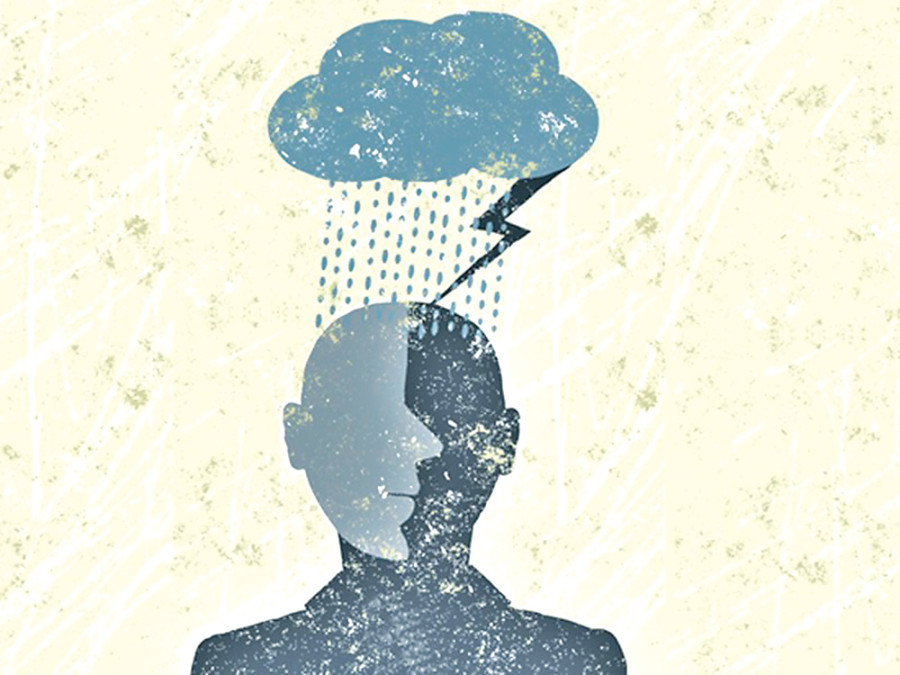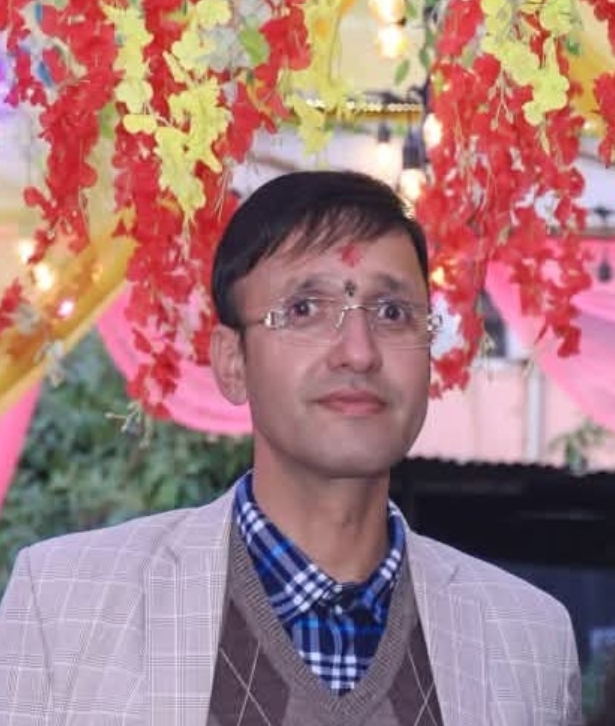Opinion
Disgraceful deviation
Despite historical changes in the country, people have sensed no change in their everyday lives
Atindra Dahal
Almost a year has elapsed since the historic Constituent Assembly promulgated Nepal’s new federal-cum-republican constitution, and it has been nearly a decade since the country became a republic. It was assumed that there would be a golden and bold breakthrough in the nation building process. Despite these two invaluable accomplishments, however, people have sensed no change in their lives. In fact, they have been venting anger at the latest political turmoil and perplexities. The characteristics and the reign are the same, only the characters, rulers and calendars have changed. Such a misfortune has led people to predict a negative worldview of life and society.
The Constituent Assembly has made some far-reaching structural changes. The uprooting of the monarchy, establishment of a republic, secularism and federalism are burning examples. For the first time in history, an inclusive proportionate representation system has been adopted, which allowed many marginalised people to join the mainstream.
Incorrect forecast
Two and a half decades ago, Germany was reunited following the demolition of the Berlin Wall. The USSR disintegrated soon after. Thinking that the world political equation had undergone a big change, famous author Francis Fukuyama made an alternative forecast in his book The End of History and the Last Man. But his prophecy about the power equation was wrong. We are in the same condition now. Hoping for better nation building and prosperity, we had a series of upheavals in 1951, 1961, 1979, 1990 and 2006. Unfortunately, people’s dreams are still unfulfilled. These movements did not end the dichotomy between the ruler and the ruled, but rather reinforced it. The mission of nation building turned out to be a cheap fashion and failed practice. This is so because we were infatuated with only the survival functions of the state, but the expected functions did not happen.
Administering the country and running the daily administration are survival functions. Holding elections, forming and dissolving the government, holding processions and trading accusations are part of politics but do not serve the people and the country in any way. The most significant function of the state is the expected function. Each individual’s wishes are connected to his or her daily lives. Bringing about economic development, generating employment, extending amenities and facilities and expanding education, health, communication, roads and water supply make people feel positive about the government. Creating a wonderful symbiosis among the people comes next with better cultural and ethnic mixing.
Merely mutating names and speaking words unwisely will not make a new country. People are more concerned about the work of the government than the words it uses. If the performance is good, the system may be of any name like monarchy, republic, oligarchy and so forth. Even countries without a written constitution, like the UK, Israel and New Zealand, have joy and progress. Countries with contrasting political ideologies too have progressed with equal spirit. But our nation building mission got stuck in activities like forming and bringing down the government, holding elections, choosing representatives and conducting conferences and discussions. Neglecting the pain of the people, the rulers indulged in power game and personal gain.
Vision and dedication
For the people, the state never carried out the expected functions. Only appointments, visits and meeting-cum-eating have featured on the checklist of the state till now. The daily lives of the people have neither been positioned progressively nor driven forward. Thus citizens feel that the quality of their lives has worsened. Education, health, employment, capital promotion and prevention of capital flight, social security, peace and safety, communication, transportation, hydropower and industry have been in reverse gear. There is deceleration instead of acceleration in these sectors. Starvation, epidemics, social crime and humanitarian deviation have become permanent features.
The political parties are always quarrelling over issues like who should lead the government, how long to wait before shuffling it, and how to name and equip the executive. These frivolities have put the desired actions in the shadow. Political and administrative regulation will guarantee no democracy unless there is economic prosperity. Therefore, if we want actual nation building, politicians should give up mere survival functions and muster courage to march ahead to accomplish the expected functions. Politicians should have vision and dedication for this mission.
Dahal holds a PhD on Issues of Nation Building




 24.89°C Kathmandu
24.89°C Kathmandu











